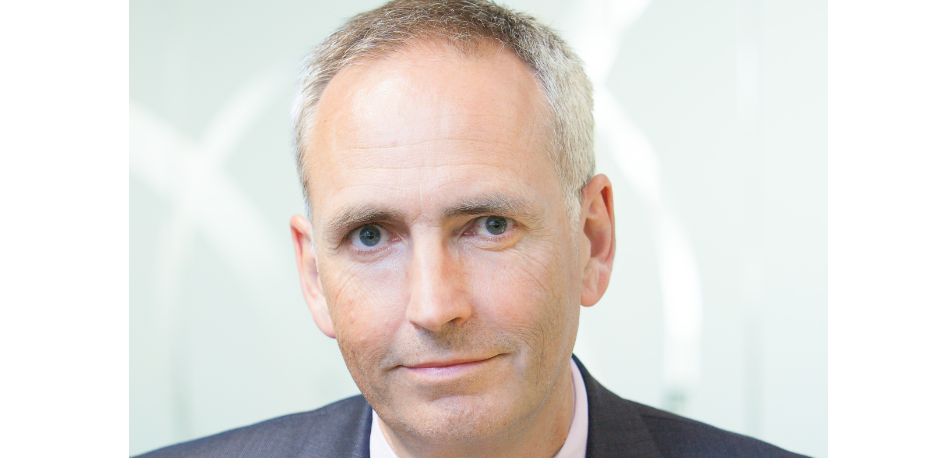An office map tailored to different sensory abilities, showcasing the stories of autistic colleagues and a reverse mentoring scheme are just three ways Zurich has set about creating a more inclusive workplace for its neurodivergent colleagues.
The insurer’s head of market engagement Peter Hamilton (pictured) highlighted how these steps could be put in place with little or no cost but could bring significant benefits for organisations and their people.
Speaking at the Association of British Insurers’ Diversity, Equity & Inclusion Summit, Hamilton revealed Zurich has produced a map which plots out office characteristics.
For example at different times of the day where it may be hot, where it is going to be light, or where it might be smelly, to recognise different people with different sensory abilities.
“It’s quite a simple thing to do really,” Hamilton explained.
“No-one had thought about it, but a number of people have said, that is very helpful. It’s not a high cost thing to do.
“We’ve got quite a few offices, we took a little bit of time and you’ve got to map out where things are.
“But if over the course of the day, you can help an individual plot where they want to sit, where it’s going to be quiet, that’s going to be a noisy area, you need to be aware that’s where people are going to have their lunch so you can take account of, or enable others to take account of those particular sensitivities.”
A-list talent
Another step towards creating a more inclusive workplace for its neurodivergent colleagues has been the publication of what the insurer calls its A-listers.
“This is Zurich’s autistic talent,” Hamilton continued.
“An explanation of why some autistic colleagues will face some particular struggles, and this is in their own words, not our words, what are the strengths they bring and how do they harness those within the environment that they’re in.
“Those were powerful because it hadn’t happened before and in a very public way it opened up those stories to the whole of the organisation.
“It was brave for the individuals to tell their stories, and we had the first wave and then we had a second wave come in saying, what about my story? Telling those stories has been very powerful.”
And one other key initiative through its work with the Group for Autism, Insurance, Investment & Neurodiversity (Gain), which has particularly resonated with Hamilton as he has an autistic granddaughter, is partnering-up and mentoring to help individuals learn more.
“I’m being mentored by an autistic colleague who has also got ADHD,” he explained.
“It’s not to do with my line of business, she’s on motor claims and I’m on the life side of our business, and we meet monthly remotely.
“It’s an education thing. From her point of view, she might perceive or hope that there’s degrees of influence and change that I can help with.
“From my point of view, I’ve learned a lot from my granddaughter seeing the issues and challenges she might face, but also as I try and anticipate what those difficulties might be for the world of work, talking to my colleague in Birmingham on that regular basis and just hearing things that I would take for granted and not see.
“Again, it’s free and so easy to do and thank you to Gain for facilitating that. To date it’s been mutually beneficial having that regular conversation; it costs nothing other than an hour of our time.”
